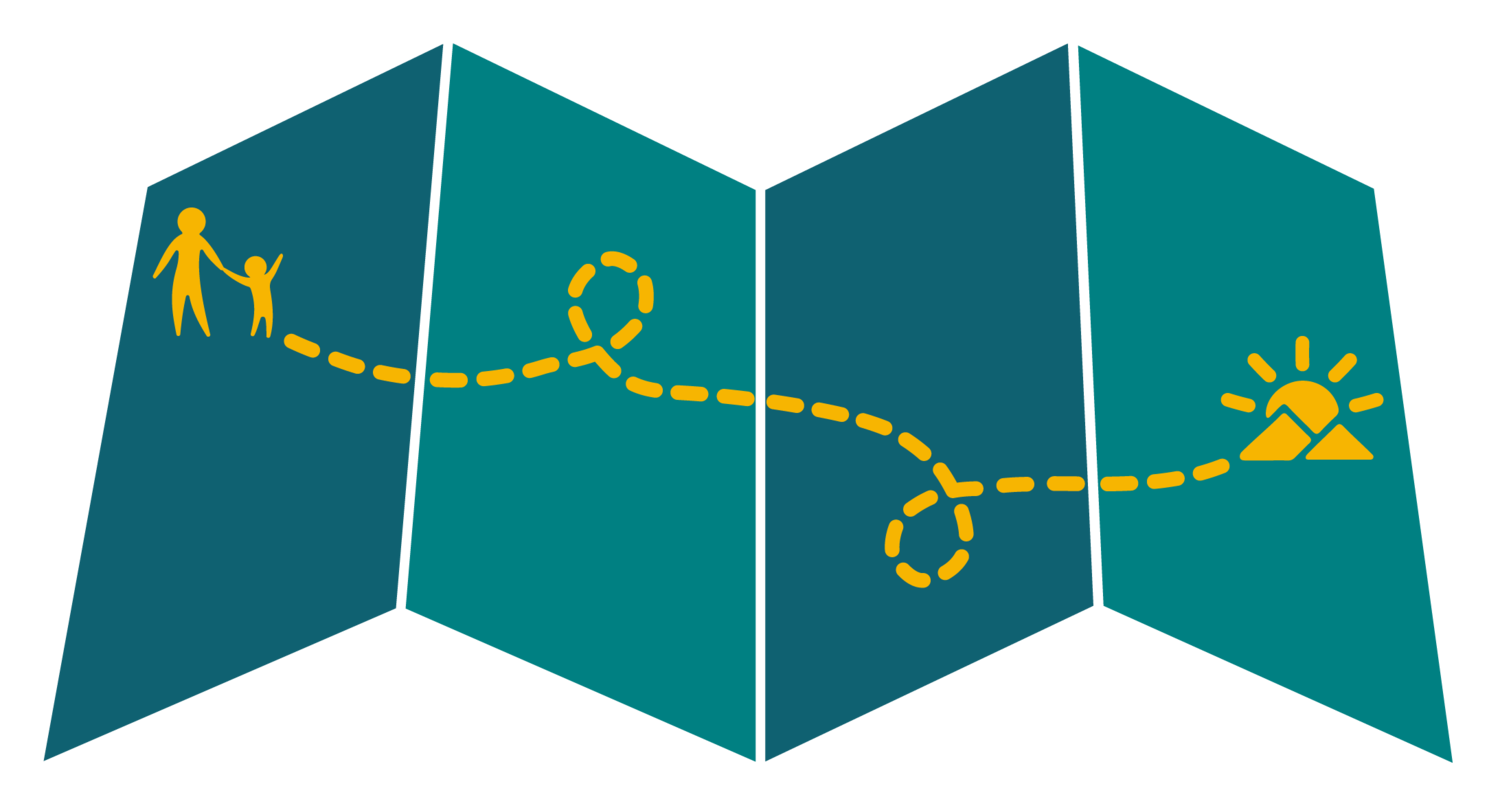17. Trauma and Resilience: How the Helpers Help Themselves
During safety overviews before a flight, we’re instructed to put on our own oxygen masks first before assisting others. In the same way, as professionals and parents, we have to take care of ourselves before we can continue to care for the children in our lives. To close out this audio series, we’ll hear from several guest experts on what they do to support their own well-being as trauma-care providers.
16. How Policies and Systems Can Foster Resilience
With our guest experts, we discuss why we need policies that support trauma-informed training and care and what’s at stake if we don’t. We’ll hear from guest experts speaking to specific policy needs in contexts such as medical care, mental health, and online spaces.
Ultimately, we’ll discuss the foundational need for these laws and policies to be rooted in the community. Whether we’re legislators, policymakers, advocates, or just community members with a voice and a vote, we can work to ensure our laws and policies support the resilience of children in all of our communities.
14. How Parents Can Foster Resilience
As a parent, supporting your child day-in and day-out is a lot of work -- especially if your child has experienced or is experiencing stress and trauma. Our guest experts speak to the big and small ways parents and caregivers can help foster resilience in children.
12. How Clinical Training Programs Can Foster Resilience
In this episode, we’re taking a closer look at clinical training programs for healthcare professionals in many fields: how to make the training more trauma-informed, and how students can best navigate those programs if they’re interested in providing trauma-informed care.
11. How Healthcare Providers Can Foster Resilience
Three healthcare experts weigh in on how healthcare providers, including pediatric, family medicine, nursing, and other medical and allied health professionals, can practice and implement trauma-informed healthcare on an individual and systemic level.
4. Preventing Trauma
Through the intersecting lenses of advocacy, mental health care, medical care, and criminology, five guest experts help us explore trauma prevention strategies that make it possible to not only treat the after-effects of trauma but to help protect children from experiencing trauma from the earliest days of their lives all the way into adolescence.







